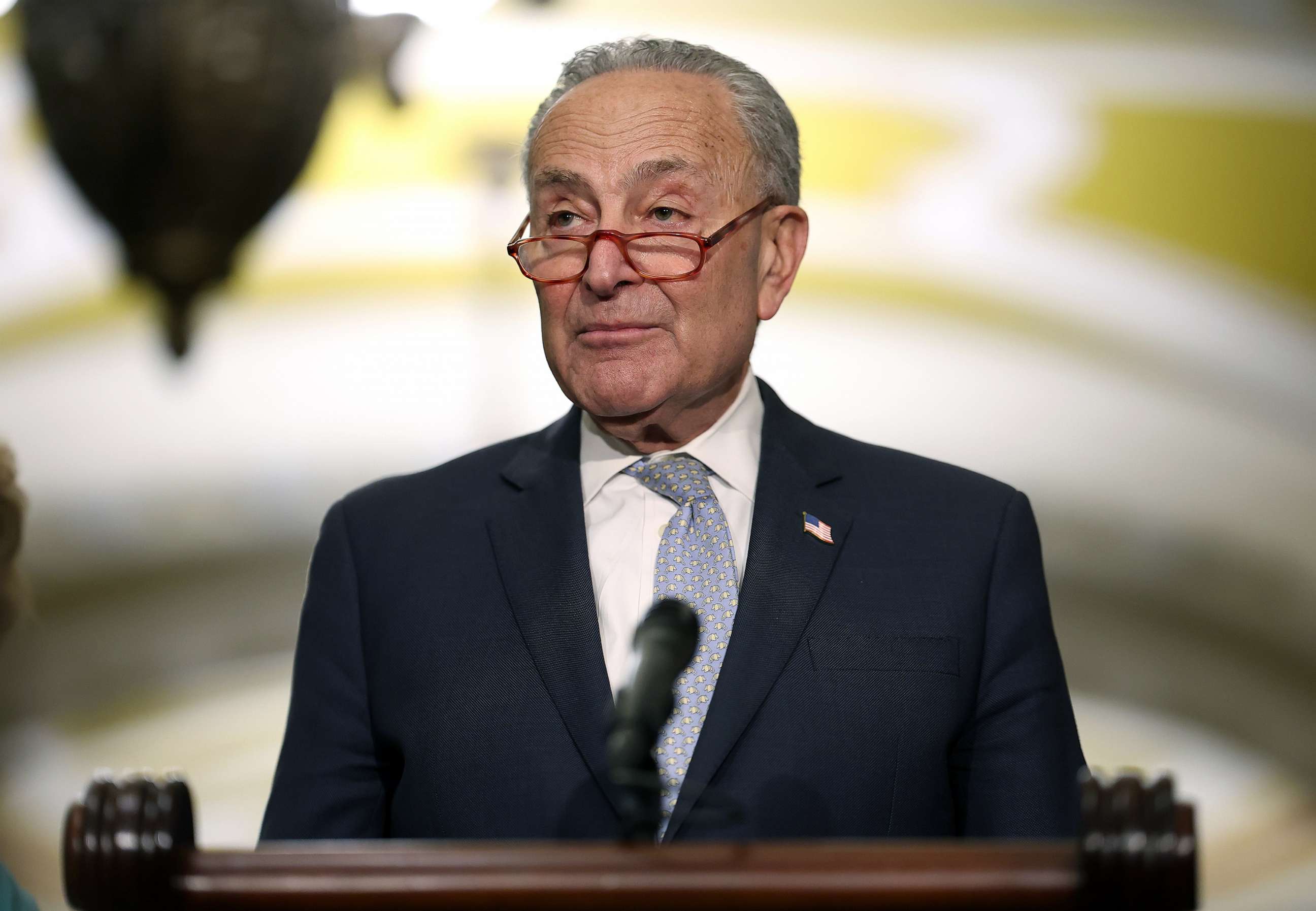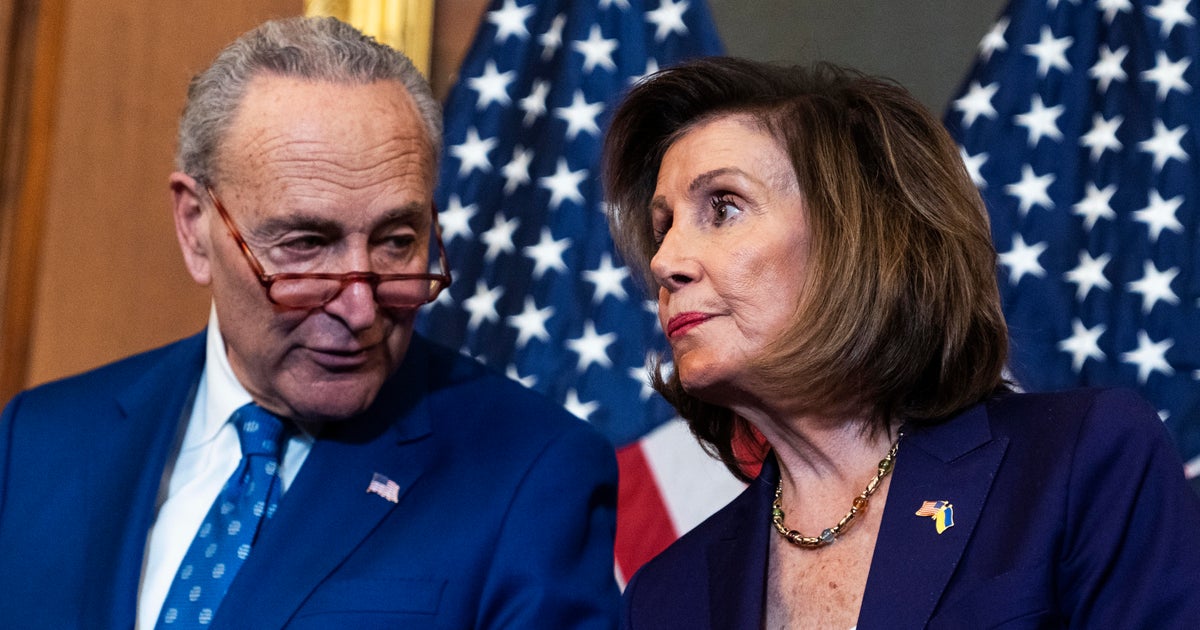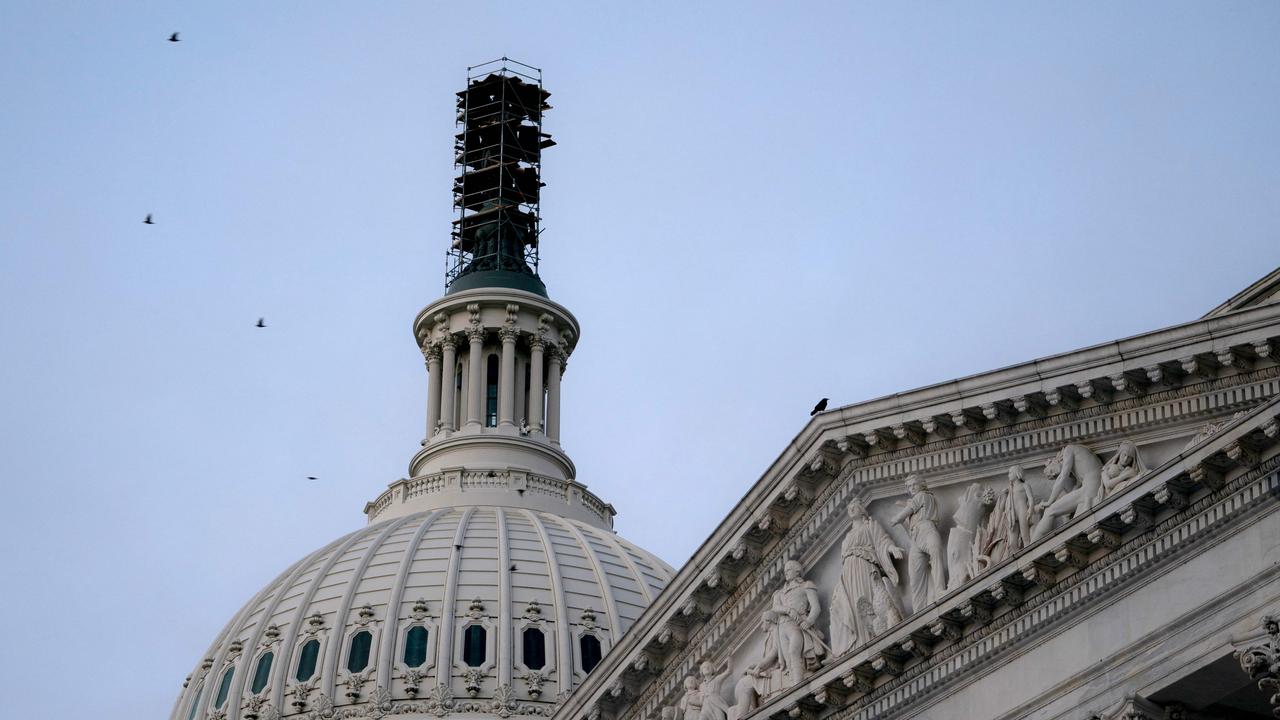US Senate approves government funding extension after failing to reach a timely agreement on a comprehensive spending bill. This near-shutdown highlights deep partisan divisions and the challenges of navigating complex budgetary negotiations within a highly polarized political climate. The Senate’s eleventh-hour action averted a government shutdown, but the temporary fix leaves looming questions about the long-term implications for government operations and public trust.
The path to a permanent solution remains uncertain, with key players holding starkly different views on spending priorities and the overall direction of fiscal policy.
The initial failure to pass a funding bill stemmed from disagreements over spending levels for various government programs, as well as broader ideological clashes between the Republican and Democratic parties. Specific sticking points included defense spending, social programs, and environmental regulations. The resulting political stalemate led to intense negotiations and a series of last-minute compromises that ultimately culminated in the approval of a short-term funding extension.
This extension, while preventing an immediate crisis, postpones the more difficult decisions required to resolve the underlying budgetary issues.
US Senate Approves Government Funding Extension: A Deep Dive: US Senate Approves Government Funding Extension After Failing To
The US Senate’s approval of a government funding extension, following a failure to pass a timely budget bill, highlights the deep partisan divisions within Congress. This action, while preventing a government shutdown, leaves several crucial questions unanswered and sets the stage for potentially contentious future budget negotiations. This analysis delves into the context of the extension’s passage, its implications, and potential future scenarios.
The Context of the Funding Extension Failure

The failure to pass a timely government funding bill stemmed from a highly polarized political climate. Deep disagreements over spending levels, particularly regarding defense spending versus social programs, created a significant impasse. Key players included Senate Majority Leader [Name], who advocated for [his/her position], and House Speaker [Name], who championed [his/her position]. The primary sticking points were disagreements over [Specific issue 1], [Specific issue 2], and [Specific issue 3].
The US Senate’s approval of a government funding extension, after initial setbacks in reaching a consensus, highlights the complexities of modern politics. This contrasts sharply with the straightforward, impactful mission of the FC Barcelona Foundation’s ‘Polseres Blaugranes’ project, which, as detailed The FC Barcelona Foundation’s ‘Polseres Blaugranes’ project is the , demonstrates a clear focus on community improvement.
Ultimately, both situations underscore the importance of collaborative effort, though the scale and nature of the challenges differ significantly.
A timeline of events leading to the extension might look like this: [Date]
-Initial budget proposal introduced; [Date]
-House passes its version of the bill; [Date]
-Senate negotiations begin; [Date]
-Senate fails to pass the bill; [Date]
– Short-term continuing resolution introduced; [Date]
-Senate approves the extension.
The US Senate finally approved a government funding extension after a series of failed attempts to reach a consensus. The political drama unfolding in Washington is a stark contrast to the decisive victory seen on the pitch, as evidenced by the comprehensive Arsenal win; you can read the full match report here: Crystal Palace 1 – 5 Arsenal – Match Report.
This funding extension, while ultimately successful, highlights the challenges of navigating complex legislative processes.
| Item | Initial Proposed Budget | Approved Extension | Difference |
|---|---|---|---|
| Defense Spending | $[Amount] | $[Amount] | $[Amount] |
| Social Programs | $[Amount] | $[Amount] | $[Amount] |
| Infrastructure | $[Amount] | $[Amount] | $[Amount] |
| Other | $[Amount] | $[Amount] | $[Amount] |
Analysis of the Approved Funding Extension
The approved extension provides temporary funding for government operations for [Duration]. This short-term solution avoids a government shutdown but creates uncertainty for various government programs and services. Potential impacts include delays in [Program 1], reduced funding for [Program 2], and potential hiring freezes across several agencies. Short-term economic consequences could include decreased consumer confidence and potential disruptions to the economy.
Long-term consequences remain uncertain, dependent on the outcome of future budget negotiations.
- Temporary funding for all government agencies.
- Extension duration of [Duration].
- No significant policy changes included.
- Focus on preventing a government shutdown.
Reactions and Responses to the Senate Action, US Senate approves government funding extension after failing to
Reactions to the Senate’s decision were largely divided along partisan lines. The [Party] celebrated the avoidance of a shutdown, while the [Party] criticized the extension as a short-sighted solution. Public response was mixed, with some expressing relief and others expressing frustration with the lack of long-term budget agreement. This event mirrors similar past instances where short-term funding extensions have been utilized to avoid shutdowns, often leading to more intense negotiations closer to deadlines.
Potential future consequences include increased pressure on lawmakers to reach a comprehensive budget agreement before the extension expires. A hypothetical scenario where the extension failed to pass would likely have resulted in a government shutdown, leading to significant economic disruption and further eroding public trust.
The Broader Implications of the Event
This event underscores the challenges of bipartisan cooperation in Congress and the increasing polarization of American politics. The inability to pass a timely budget reflects a breakdown in the traditional legislative process, highlighting the need for improved communication and compromise between parties. Public trust in government institutions may suffer further due to the perceived political maneuvering and inability to reach timely agreements.
A descriptive representation of the power dynamics could be depicted as a tug-of-war, with the [Party] and [Party] pulling in opposite directions, with various interest groups exerting influence from the sidelines. This event serves as a stark reminder of the difficulties in achieving bipartisan consensus on major policy issues.
Potential Future Scenarios

Three potential scenarios for the next round of government funding debates are: (1) A bipartisan compromise is reached, leading to a timely budget agreement; (2) Further gridlock ensues, resulting in another short-term extension; (3) One party achieves a significant victory, leading to a budget heavily favoring their priorities.
| Scenario | Likelihood | Political Consequences | Economic Consequences |
|---|---|---|---|
| Bipartisan Compromise | [Percentage] | Increased cooperation, strengthened bipartisan relationships | Economic stability, increased investor confidence |
| Further Gridlock | [Percentage] | Increased political polarization, erosion of public trust | Economic uncertainty, potential disruptions |
| One-Party Victory | [Percentage] | Significant shift in power dynamics, potential backlash | Potential economic imbalances, depending on the winning party’s priorities |
The Senate’s approval of a government funding extension, following a period of tense negotiations and near-shutdown, serves as a stark reminder of the fragility of the American political system. While the temporary measure averted immediate catastrophe, it did little to resolve the underlying partisan divisions that fueled the initial impasse. The short-term nature of the extension only postpones the difficult choices needed to address long-term budgetary concerns, leaving the potential for future crises and further eroding public trust in government.
The coming months will be crucial in determining whether lawmakers can find common ground to avoid a repeat of this near-shutdown scenario, or if this episode foreshadows a pattern of political gridlock and budgetary instability.
Expert Answers
What are the potential consequences of repeated short-term funding extensions?
Repeated short-term extensions can lead to instability in government operations, hinder long-term planning, and create uncertainty for government employees and contractors.
How does public opinion typically react to government shutdowns or near-shutdowns?
Public opinion generally disapproves of government shutdowns, viewing them as a sign of political dysfunction and inefficiency. Approval ratings for the involved parties often suffer.
What historical precedents exist for similar funding battles in the US Senate?
Numerous instances of protracted budget battles and near-government shutdowns have occurred throughout US history, often reflecting deep partisan divisions and differing policy priorities.
